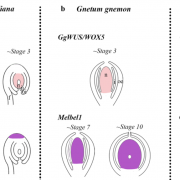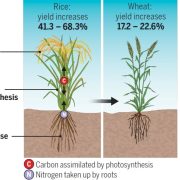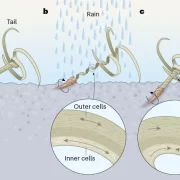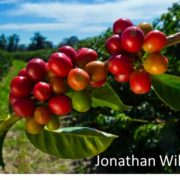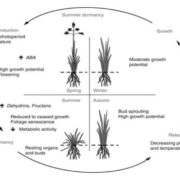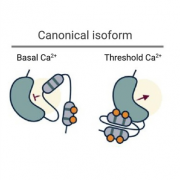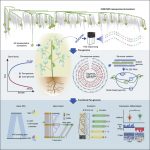Identification of novel seed longevity genes by GWAS and reverse genetics (Plant Cell Environ.)
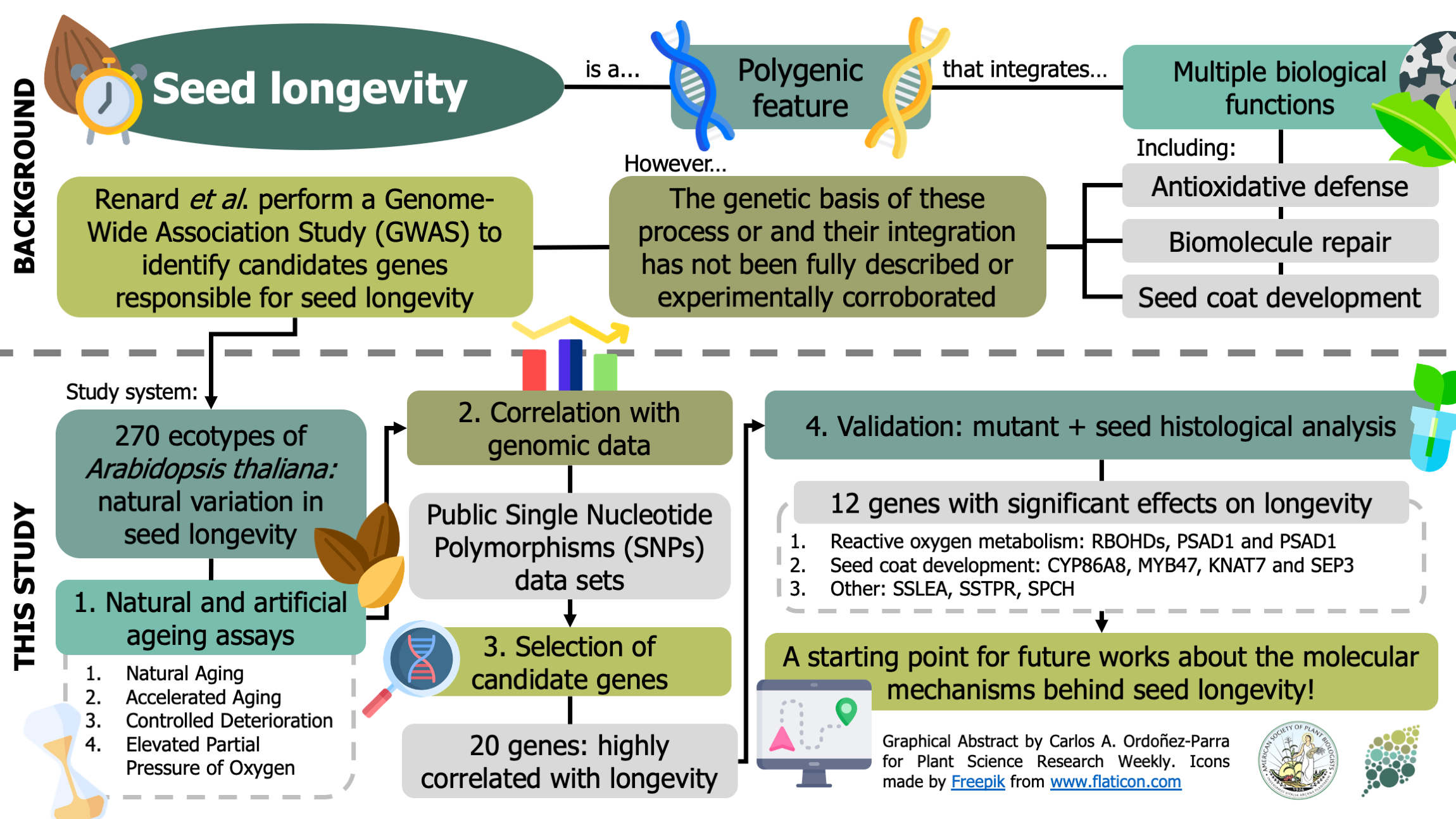 Seed longevity (i.e., the inherent lifespan of a seed) is a polygenic feature that demands the coordination of multiple biological processes, and that shapes the persistence of seeds in the soil and the time they can be stored ex situ. Recent studies on this trait highlight the role of the antioxidant and biomolecule repair systems and the formation of the seed coat. However, the genetic basis behind their contribution has not yet been fully described or corroborated. Here, Renard et al. perform a Genome-Wide Association Study (GWAS) to identify the genes responsible for the differences in the seed longevity of 270 ecotypes of Arabidopsis thaliana. Seeds were exposed to high humidity, high temperature or elevated oxygen pressure conditions (or a combination of these) in order to accelerate the loss of their viability. The results of these assays were correlated with the genomic data available on public databases. After this, 20 candidate genes were validated through a mutant analysis, and 12 had a significant effect in longevity. Most genes were related to enzymes that participate in the metabolism of reactive oxygen species, such as NADPH oxidases (RBOHs) and dehydroascorbate reductases (DHAR1). A cytochrome hydroxylase (CYP86A8) and several transcription factors related to seed coat development also promoted longevity. This paper provides a promising starting point for future research about the mechanisms behind seed longevity. (Summary by Carlos A. Ordóñez-Parra @caordonezparra) Plant Cell Environ. 10.1111/pce.13822
Seed longevity (i.e., the inherent lifespan of a seed) is a polygenic feature that demands the coordination of multiple biological processes, and that shapes the persistence of seeds in the soil and the time they can be stored ex situ. Recent studies on this trait highlight the role of the antioxidant and biomolecule repair systems and the formation of the seed coat. However, the genetic basis behind their contribution has not yet been fully described or corroborated. Here, Renard et al. perform a Genome-Wide Association Study (GWAS) to identify the genes responsible for the differences in the seed longevity of 270 ecotypes of Arabidopsis thaliana. Seeds were exposed to high humidity, high temperature or elevated oxygen pressure conditions (or a combination of these) in order to accelerate the loss of their viability. The results of these assays were correlated with the genomic data available on public databases. After this, 20 candidate genes were validated through a mutant analysis, and 12 had a significant effect in longevity. Most genes were related to enzymes that participate in the metabolism of reactive oxygen species, such as NADPH oxidases (RBOHs) and dehydroascorbate reductases (DHAR1). A cytochrome hydroxylase (CYP86A8) and several transcription factors related to seed coat development also promoted longevity. This paper provides a promising starting point for future research about the mechanisms behind seed longevity. (Summary by Carlos A. Ordóñez-Parra @caordonezparra) Plant Cell Environ. 10.1111/pce.13822


